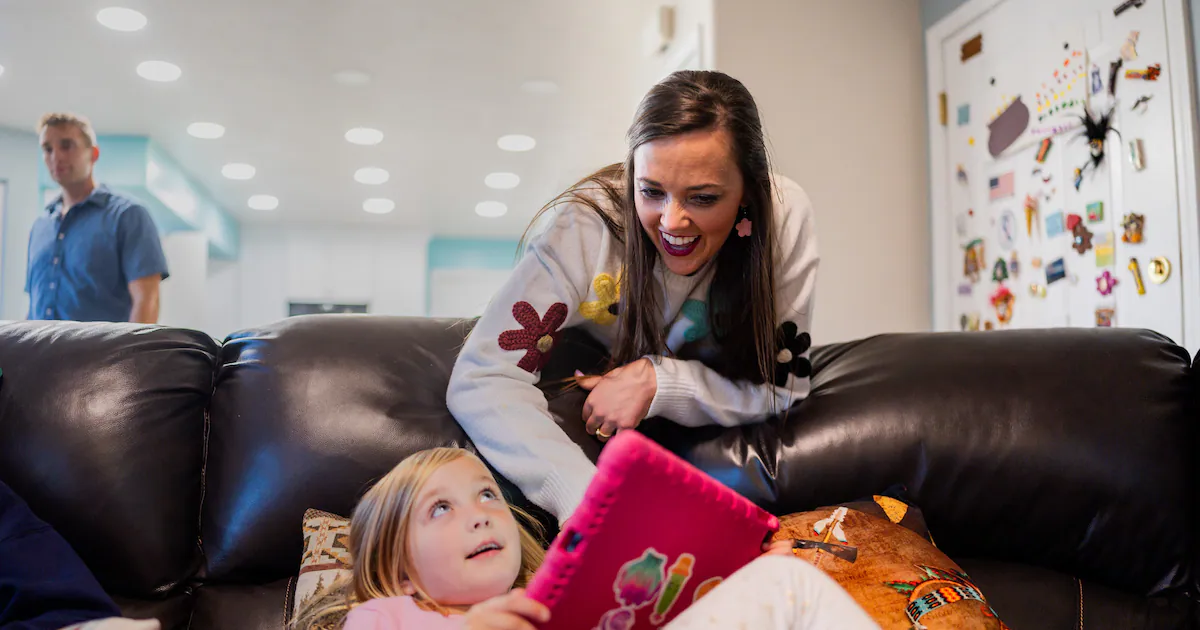Copyright Salt Lake City Deseret News

Like countless other Utahns, Brian and Stephanie Clancy perform daily schedule juggling acts. Besides being a military family preparing for an upcoming deployment — Brian’s a member of Utah’s Air National Guard — both of the Clancys are educators. And they are the parents of two school-aged kids, Boston and Philly. But despite the couple’s limited bandwidth, they’re prioritizing being full-fledged partners with their local schools in their children’s education. A child can have “the world’s best school teacher,” say the Clancys — but that child’s missing out on key educational opportunities if his or her parents or guardians are not actively engaged. “A parent’s relationship in education is crucial, because they’re going to have the biggest influence on their kid — more than any teacher ever will,” said Brian Clancy, who teaches in the Davis School District. “Parents have got to be behind their teachers, and helping out, if what the teacher does is going to be fully 100% effective.” The Utah State Board of Education is hoping to strengthen such school-family partnerships in November by observing national Family Engagement Month. The monthlong campaign highlights the critical importance of partnerships between schools and families. Research reveals that when parents and families are actively engaged in their child’s education, they can expect improvements in his or her attendance and academic achievement, according to the state education board. “The strongest school systems are built on partnerships,” State Superintendent Molly Hart said in a board report. “When parents are engaged in their child’s education, everyone benefits. This campaign is about celebrating and expanding that connection across the state.” So what exactly is ‘parent engagement?’ There’s a difference between “parent engagement” and “parent involvement.” An “involved” parent may participate in the school bake sale, support the book fair or even perform volunteer work at the school. But “engagement” is about parents partnering with educators in key decision making — while sharing ownership of their child’s academic outcome and helping foster a positive school climate. The byproducts of parent/family engagement in K-12 education stretch beyond higher academic achievement. Benefits include lower dropout rates, behavior improvements, lower absenteeism, increased job satisfaction for teachers, better social and emotional development, and increased odds of students attending post-secondary education. Throughout November, the state board of education will share resources, success stories and engagement strategies for local education agencies, educators and families to encourage increased collaboration between school and families. Additional information can be found at state board’s Parent and Family Engagement for Educators website. Stephanie Clancy said she and her husband have yet to find the perfect family/education engagement routine. But consistency and effort yield results. “We’re not perfect,” she said, laughing. “But we definitely try a lot of things.”



